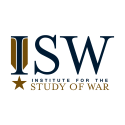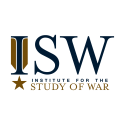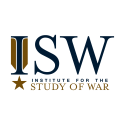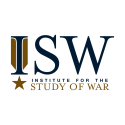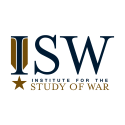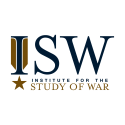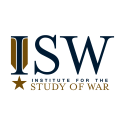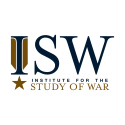China-Taiwan Weekly Update, November 2, 2023
Nov 2, 2023 - ISW Press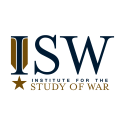
The PRC is shaping the information environment to blame the United States for potential future geopolitical incidents in the South China Sea. The PRC state-controlled China Global Television Network (CGTN) aired an October 29 interview with Lieutenant General He Lei accusing the United States of arrogantly interfering in the Sino-Philippines territorial disputes in the South China Sea. This echoes PRC MFA spokeswoman Mao Ning’s condemnation of United States “interference” in the South China Sea amidst Sino-Philippines territorial disputes. Her comments occurred after the PRC Coast Guard rammed Philippine ships near the Second Thomas Shoal on October 22. This PRC aggression extends to a growing trend of People’s Liberation Army Air Force planes dangerously operating near United States aircraft in the East and South China Sea since 2021, according to images declassified by the United States Department of Defense. The China Military Power Report stated the United States has documented in excess of 180 such instances since 2021. The CCP inaccurately placing blame on the United States for interfering in the South China Sea indicates that the party’s false rhetoric aims to provide cover for coercive People’s Liberation Army military activity. This activity aims to degrade the American-led security architecture.


